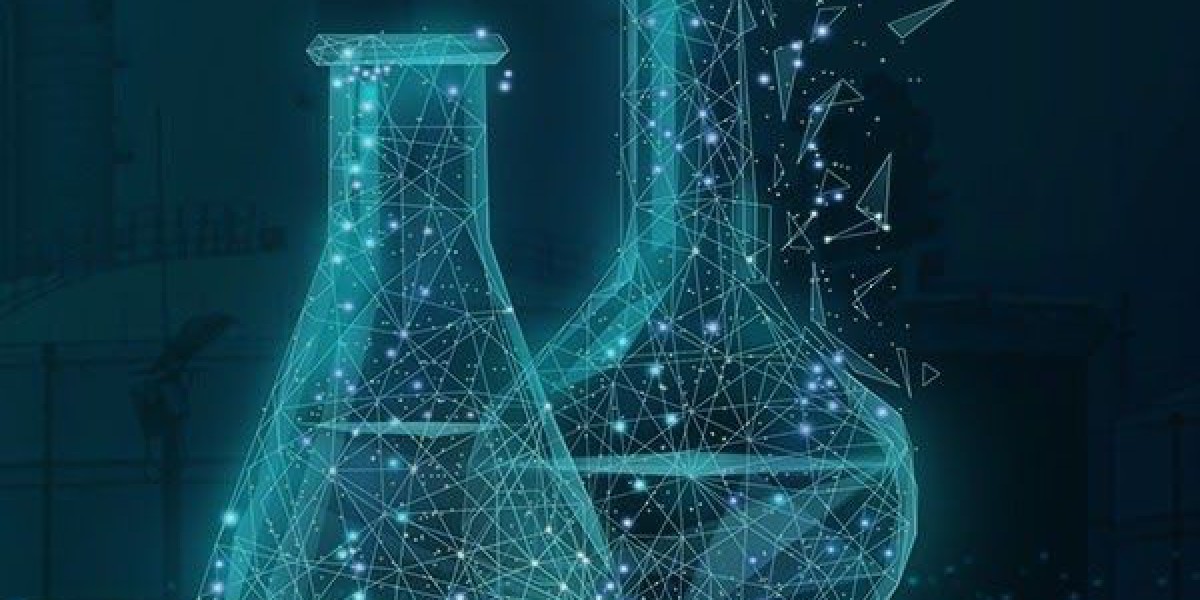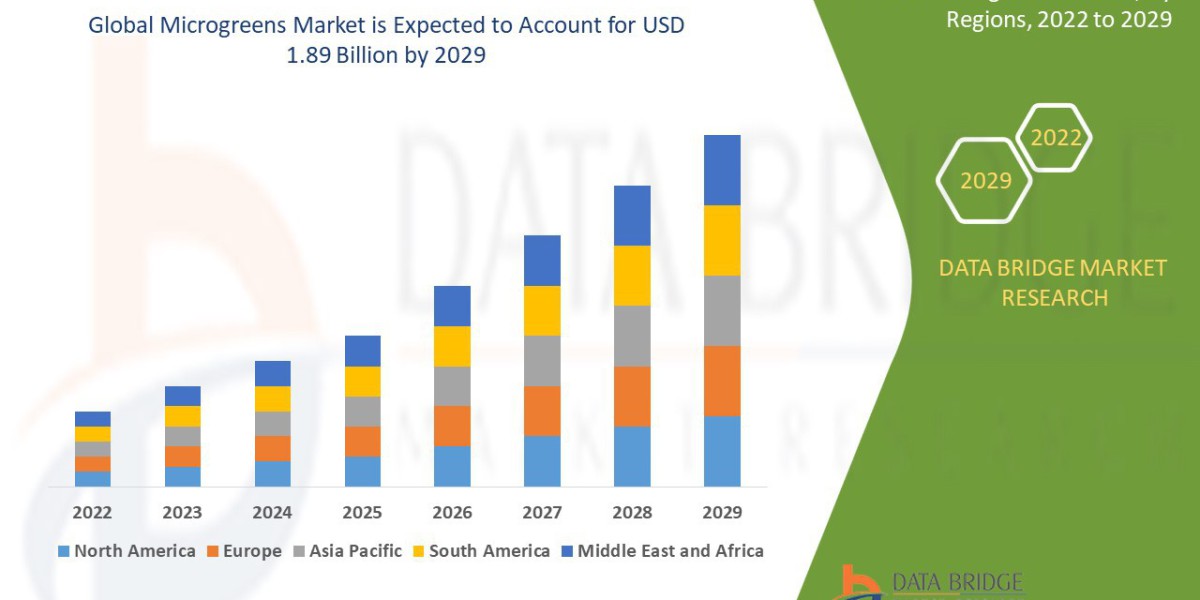The AI in Chemicals Market Growth is on an exceptionally strong and steep upward trajectory, with the market expanding at a rapid pace as the traditionally conservative chemical industry begins to fully embrace the transformative potential of digital technologies. This robust growth is being fueled by a powerful set of economic and competitive pressures that are forcing chemical companies to fundamentally rethink their operations. The primary engine of this growth is the urgent need to accelerate the pace of innovation and shorten the time-to-market for new products. The traditional R&D process in the chemical industry is notoriously slow, expensive, and often relies on trial-and-error, with the journey from initial discovery to commercial production often taking a decade or more. AI is a game-changer in this regard. By using machine learning models to analyze vast datasets of chemical structures and properties, AI can predict the performance of new molecules and materials before they are even synthesized, allowing researchers to focus their efforts on the most promising candidates. This ability to dramatically compress the R&D cycle and bring innovative new products to market faster is a massive driver of AI adoption and market growth.
A crucial catalyst for this market growth is the intense and growing pressure on the chemical industry to improve operational efficiency and sustainability. Chemical manufacturing is a highly complex, energy-intensive, and capital-intensive process. Even small improvements in process efficiency, yield, and energy consumption can translate into millions of dollars in cost savings and a significant reduction in environmental impact. AI is proving to be a powerful tool for achieving these goals. AI-powered "digital twin" models can create a virtual replica of a physical chemical plant, allowing operators to simulate and test different operating parameters to find the optimal settings for maximizing output and minimizing waste. Machine learning algorithms can analyze real-time sensor data from the plant floor to predict equipment failures before they happen, enabling proactive maintenance and preventing costly downtime. As the industry faces increasing scrutiny over its environmental footprint and pressure to improve its profit margins, the adoption of AI for process optimization and predictive maintenance has become a critical lever for success, fueling the market's rapid expansion.
Technological advancements and the increasing availability of data have also been a major accelerant for market growth. The proliferation of sensors throughout modern chemical plants (the Industrial Internet of Things or IIoT) is generating a torrent of high-quality, real-time data about every aspect of the manufacturing process. Similarly, advances in computational chemistry and high-throughput experimentation are creating massive new datasets in the R&D domain. This explosion of data has created the perfect raw material for training sophisticated AI models. At the same time, the maturation of cloud computing has made the immense computational power required to process this data and train these models accessible and affordable for a much broader range of companies. The convergence of big data, powerful algorithms, and scalable cloud infrastructure has created the perfect technological foundation for the widespread adoption of AI in the chemical industry, ensuring that the market's impressive growth trajectory will be sustained for the foreseeable future.






